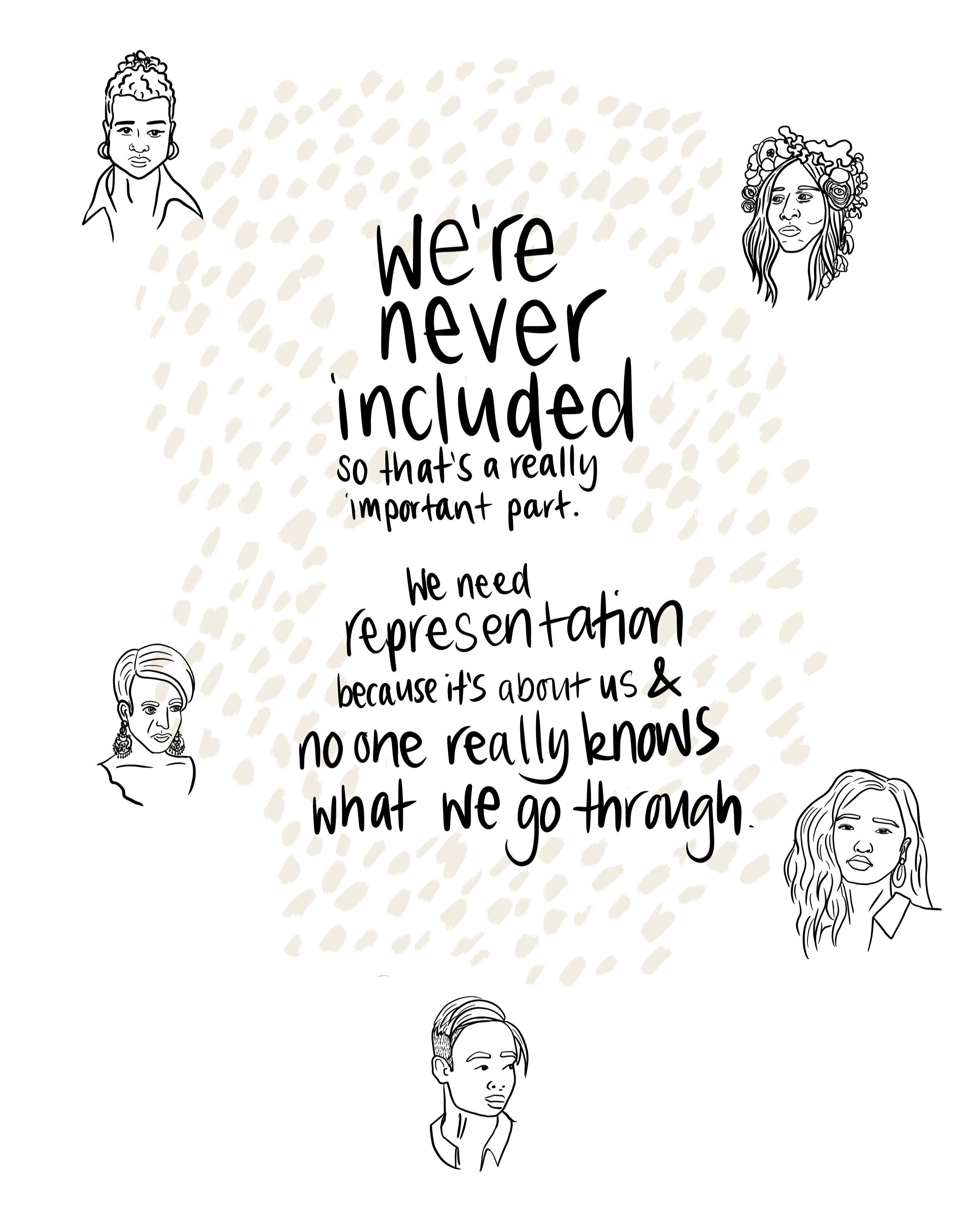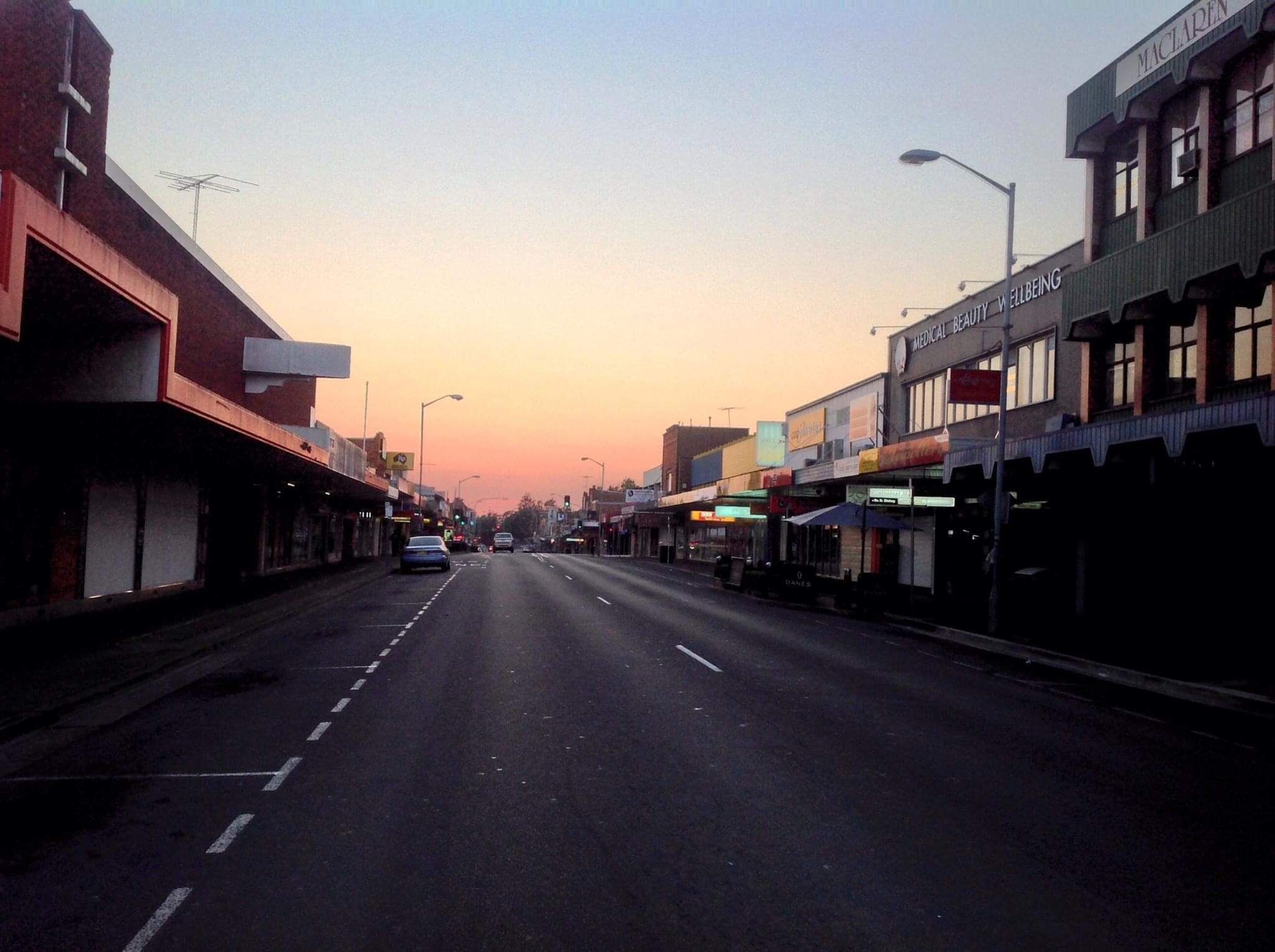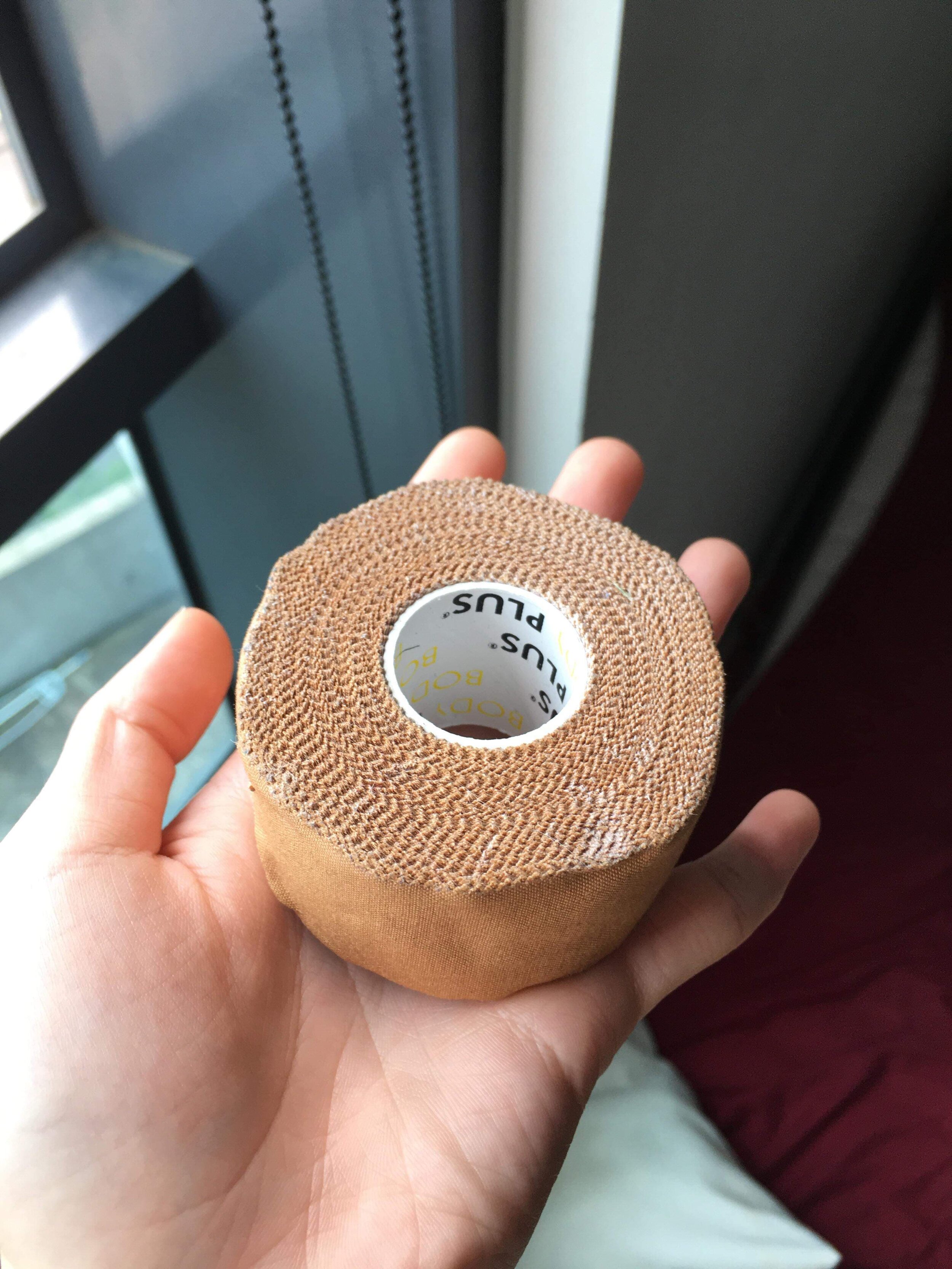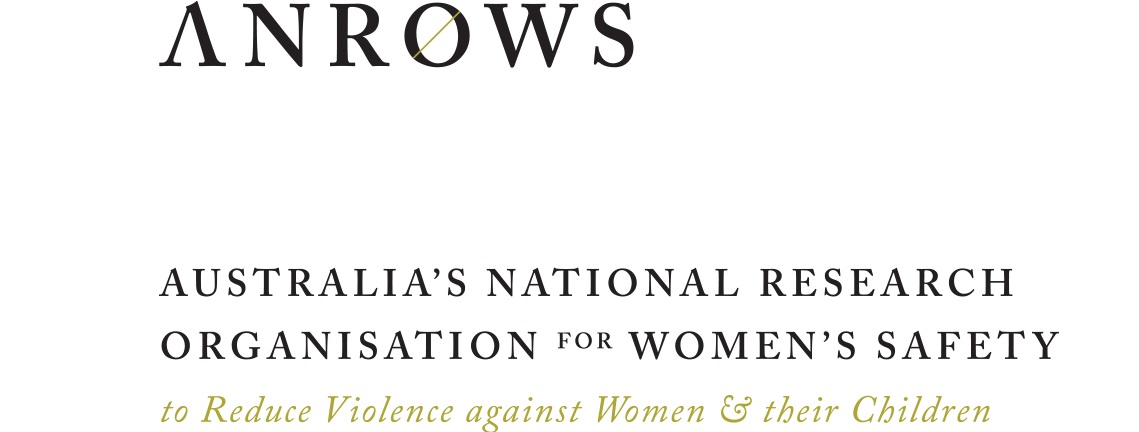Trans women of colour are at high risk of sexual violence. However, they are often overlooked in national statistics or research on sexual violence against women. This exhibition draws on the findings of a research study which explores the lived experiences of sexual violence against trans women of colour living in Australia.
The photographs and stories in this exhibition represent women’s accounts of sexual violence, their resilience and their need for acknowledgement and support. The full research report can be accessed here.
Click to read more










